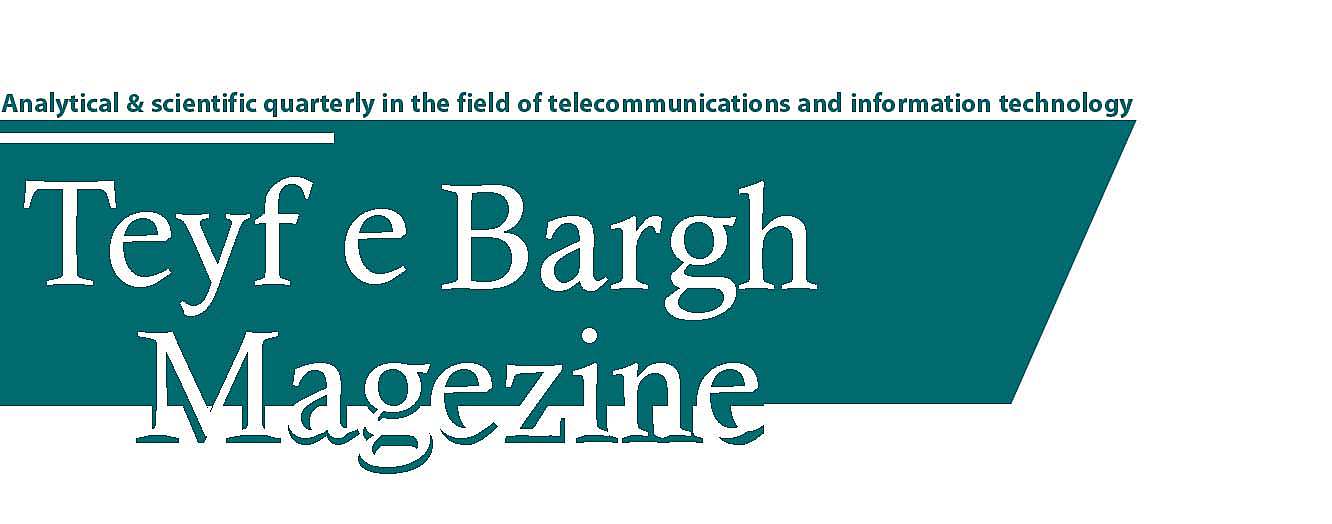The world is undergoing rapid transformation driven by technological advancements, demographic shifts, and evolving consumer preferences. By 2030, several key trends are expected to dominate various sectors, shaping the future economic landscape. This article explores these upcoming trends and the current growth scenario, offering insights into what the next decade may hold.
1. Technological Advancements
Artificial Intelligence (AI) and Automation
AI and automation are set to revolutionize industries ranging from manufacturing to healthcare. With advancements in machine learning and robotics, tasks that once required human intervention will increasingly be handled by smart systems. This shift is expected to enhance productivity and efficiency but also poses challenges related to job displacement and the need for new skill sets.
Internet of Things (IoT)
The IoT ecosystem will expand, connecting billions of devices worldwide. Smart homes, cities, and industries will leverage IoT to optimize operations, improve energy efficiency, and enhance quality of life. The integration of IoT with AI will further amplify its impact, enabling predictive maintenance, real-time analytics, and seamless connectivity.
5G and Connectivity
The rollout of 5G technology will provide unprecedented speeds and connectivity, facilitating the growth of smart devices and the IoT. This will unlock new possibilities in telemedicine, remote work, augmented reality (AR), and virtual reality (VR), transforming how we live and work.
2. Demographic and Social Changes
Aging Population
Many developed nations are experiencing an aging population, which will have profound implications for healthcare, social security, and the workforce. The demand for elderly care services and age-friendly products will surge, while the labor market may face shortages, necessitating policies to attract and retain older workers.
Urbanization
Urbanization will continue at a rapid pace, particularly in developing countries. Mega-cities will emerge, requiring substantial investments in infrastructure, housing, and public services. Sustainable urban planning will be crucial to manage the challenges of congestion, pollution, and resource allocation.
Changing Workforce Dynamics
The future workforce will be characterized by greater diversity, flexibility, and digital proficiency. Remote work and the gig economy will become more prevalent, demanding new management approaches and regulatory frameworks. Lifelong learning and reskilling will be essential to adapt to the evolving job market.
3. Environmental and Sustainability Concerns
Renewable Energy
The transition to renewable energy sources will accelerate as governments and businesses commit to reducing carbon emissions. Solar, wind, and hydropower will dominate the energy mix, supported by advancements in energy storage and grid management technologies.
Circular Economy
A shift towards a circular economy model, emphasizing reuse, recycling, and sustainability, will gain momentum. Companies will innovate to design products with longer lifespans, reduce waste, and minimize environmental impact. This approach will not only benefit the planet but also create new business opportunities.
Climate Resilience
As climate change impacts become more pronounced, building resilience will be critical. Investments in infrastructure to withstand extreme weather events, along with policies to protect natural resources and ecosystems, will be prioritized. This will require collaboration between governments, businesses, and communities.
4. Health and Biotechnology
Precision Medicine
Advances in genomics and biotechnology will enable precision medicine, tailoring treatments to individual genetic profiles. This personalized approach will improve patient outcomes, reduce healthcare costs, and drive innovation in pharmaceuticals and medical devices.
Telehealth
The adoption of telehealth will continue to rise, driven by convenience, accessibility, and technological advancements. Remote consultations, monitoring, and diagnostics will become commonplace, expanding healthcare access to underserved populations and reducing the burden on traditional healthcare facilities.
Mental Health Awareness
Mental health will receive increased attention, with greater recognition of its importance to overall well-being. Employers, educators, and healthcare providers will implement measures to support mental health, including workplace programs, digital tools, and public awareness campaigns.
5. Consumer Behavior and Retail
E-commerce Expansion
E-commerce will further expand, with online shopping becoming the norm. Technologies such as AI-driven personalization, AR for virtual try-ons, and same-day delivery will enhance the online shopping experience. Traditional retailers will need to innovate and integrate digital channels to stay competitive.
Experience Economy
Consumers will prioritize experiences over material possessions, driving growth in sectors like travel, entertainment, and dining. Businesses will focus on creating memorable and immersive experiences, leveraging technology and personalized services to meet evolving consumer expectations.
Ethical Consumerism
A growing awareness of social and environmental issues will influence consumer choices. Ethical consumerism, characterized by preferences for sustainable, fair-trade, and cruelty-free products, will shape market dynamics. Brands that align with these values will gain a competitive edge.
Conclusion
The upcoming trends and current growth scenario by 2030 reflect a world in flux, driven by technological, demographic, environmental, and social changes. Embracing these trends and preparing for the associated challenges and opportunities will be crucial for businesses, governments, and individuals. As we navigate this transformative decade, collaboration, innovation, and adaptability will be key to shaping a prosperous and sustainable future.


No comment